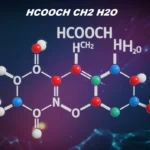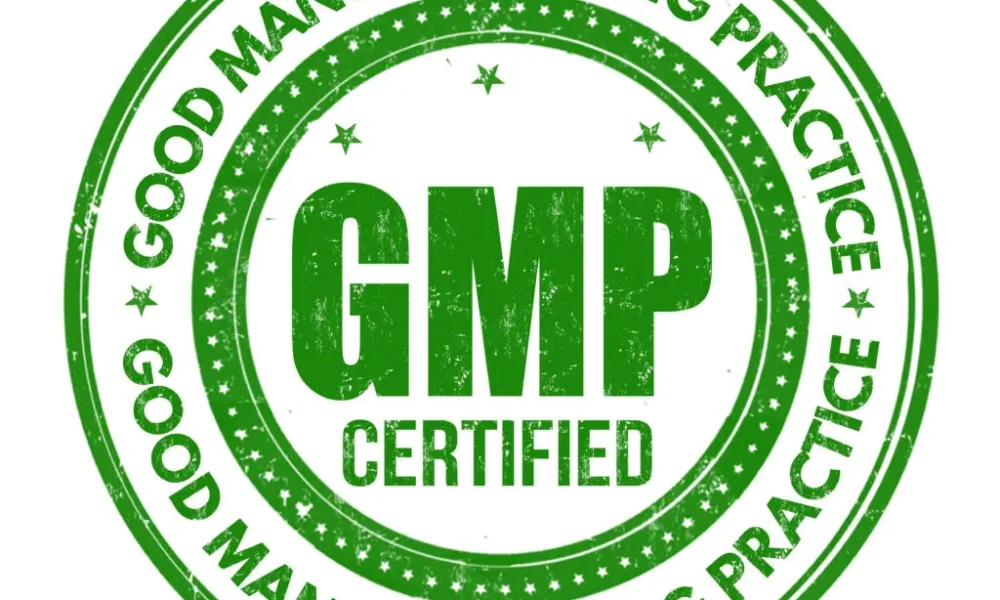Key Takeaways:
- GMP certification ensures product quality and safety across various industries, particularly where health is a major concern.
- Consumer trust is bolstered by manufacturers adhering to GMP, especially in the pharmaceutical and food sectors.
- Efficiencies gained through GMP adherence benefit manufacturers by reducing waste and ensuring product consistency.
- The international harmonization of GMP standards facilitates global trade, allowing for easier market access and wider product distribution.
- Recent technological innovations and consumer-driven trends towards sustainability are shaping the evolution of GMP standards.
What is GMP Certification?
Good Manufacturing Practices (GMP) certification is a vital cog in the wheel of product integrity, particularly for items that directly influence consumer health. This holds especially true for sectors producing GMP certified supplements, with no room for error. To be GMP certified, a facility must consistently demonstrate a capability to produce safe, quality products. The certification encompasses various criteria, including strict vendor assessment, raw material evaluation, product testing, and handling.
GMP Certification and Consumer Safety
For the end-user, trust in product quality is not a mere convenience but essential. GMP directly addresses this by ensuring that companies adhere to the highest standards throughout the production process, which is integral in preventing recalls, contamination, and inconsistently manufactured products. These standards are enforced globally by authoritative bodies like the FDA, which have detailed specific Good Manufacturing Practices that emphasize consumer safety as a primary objective, especially in the production of pharmaceuticals.
The Benefits of GMP for Manufacturers
For a manufacturer, being GMP certified is more than regulatory compliance; it’s about cultivating a base of loyal customers by guaranteeing quality and safety. It also serves as an excellent benchmark for internal quality management systems, promoting better resource management, reducing inefficiencies, and improving product consistency. The increased confidence in safety and quality can also lead to a diversified customer base and a more substantial market share.
The Global Reach of GMP Standards
GMP transcends national borders, embodying a universal standard that facilitates the circulation of goods within the global economy. By adhering to GMP, manufacturers can more readily penetrate international markets, ensuring that their products maintain rigorous safety and quality regardless of the destination. This facilitates smoother commerce as GMP certifications are widely recognized and respected across countries, harmonizing production quality worldwide.
Ensuring Transparency and Accountability in Manufacturing
GMP’s stringent requirements necessitate thorough documentation for every stage of the manufacturing process, elevating the transparency and accountability of a company’s operations. This level of detail ensures that any issues can be tracked to their source, promptly corrected, and prevented. The transparency afforded by GMP standards provides consumers with the assurance that each product has a verifiable quality trail from conception to market.
GMP in the Food and Beverage Industry
Applying GMP within the food and beverage industry is critical; these practices ensure consumables are produced according to the highest sanitation and quality standards. From preventing cross-contamination in processing facilities to ensuring accurate labeling, GMP standards help protect consumers from foodborne illnesses and allergen exposure. This rigorous attention to detail extends through the entire supply chain, creating a culture of safety that resonates with cautious consumers and regulators alike.
GMP in the Pharmaceutical Industry
In the realm of pharmaceuticals, the implementation of GMP has life-or-death implications. Drugs, vaccines, and other medical products must be produced in a manner that guarantees their safety, efficacy, and consistency. Here, GMP acts as a guardian, ensuring every medicinal product is manufactured to the highest standard. The pharmaceutical industry relies on a framework, such as the one maintained by the National Library of Medicine, to stay at the cutting edge of health and safety regulations.











